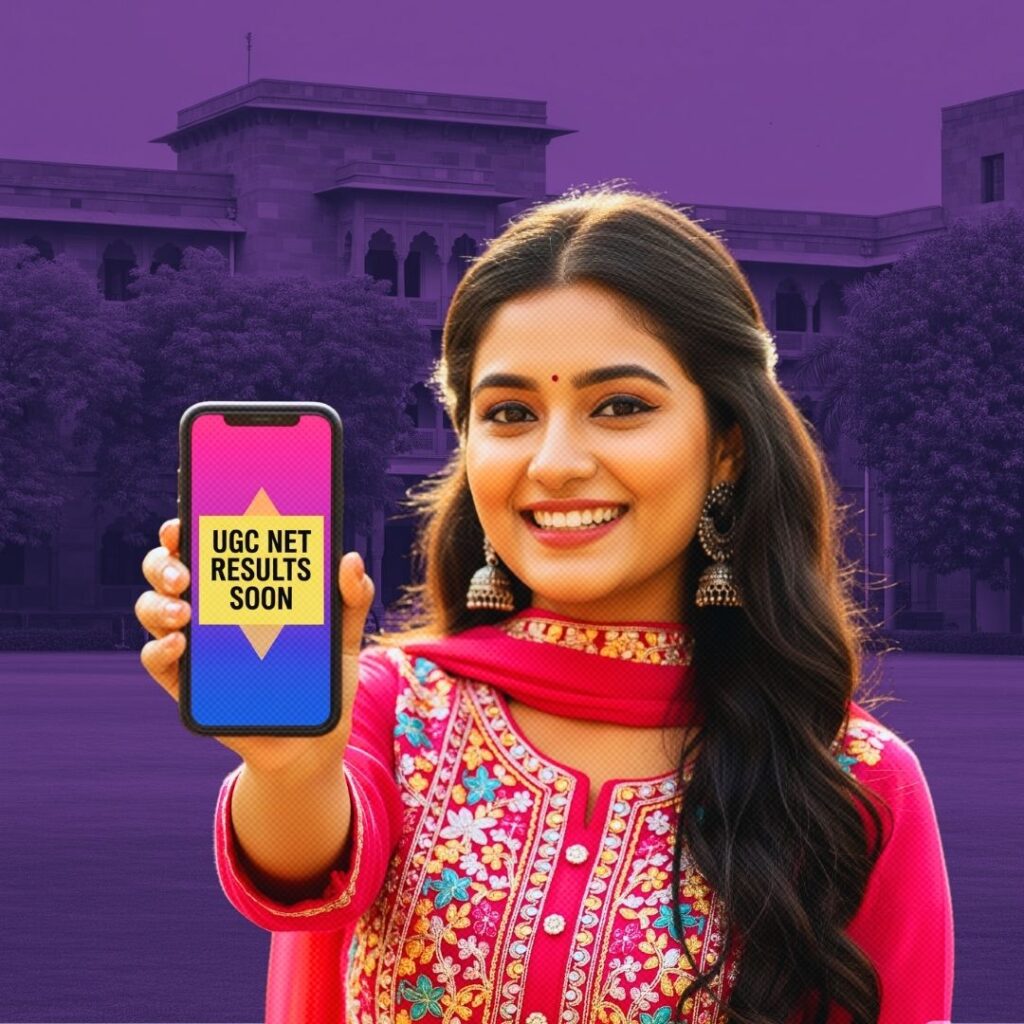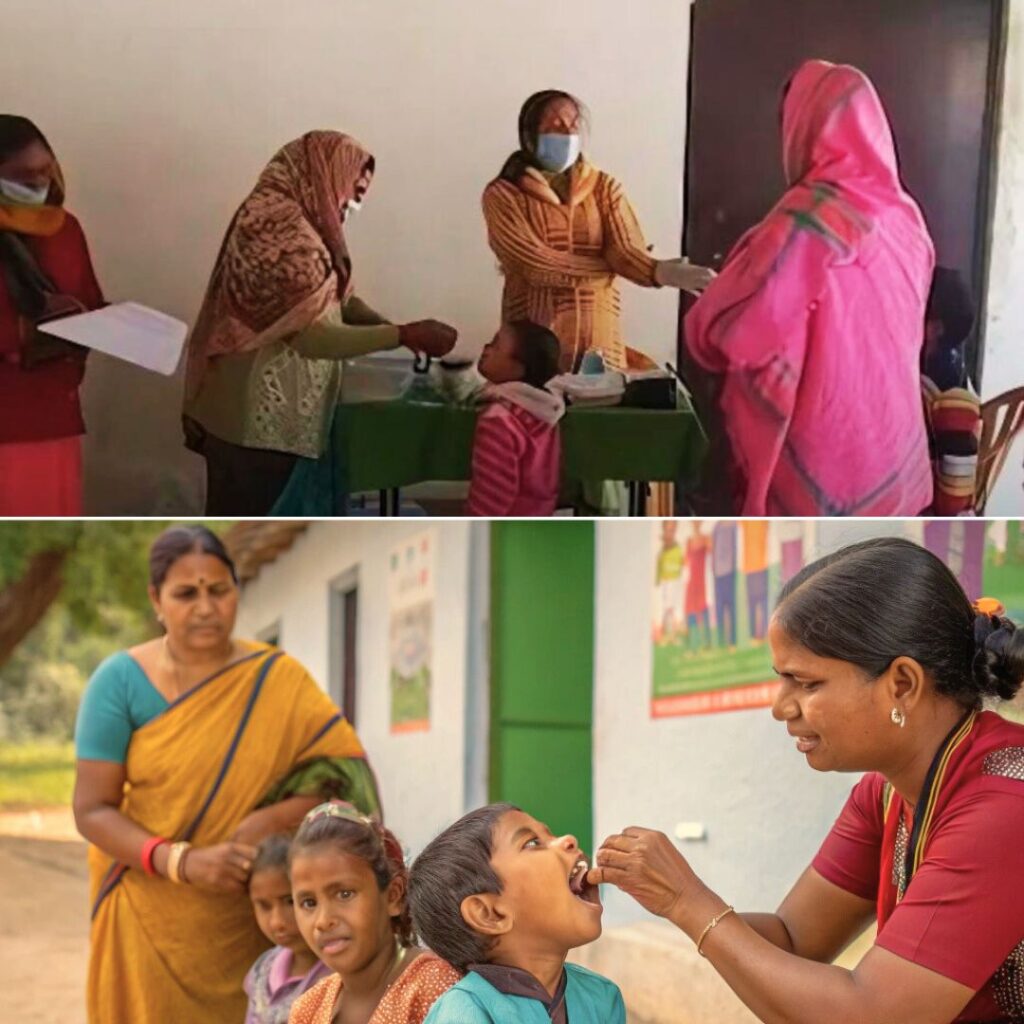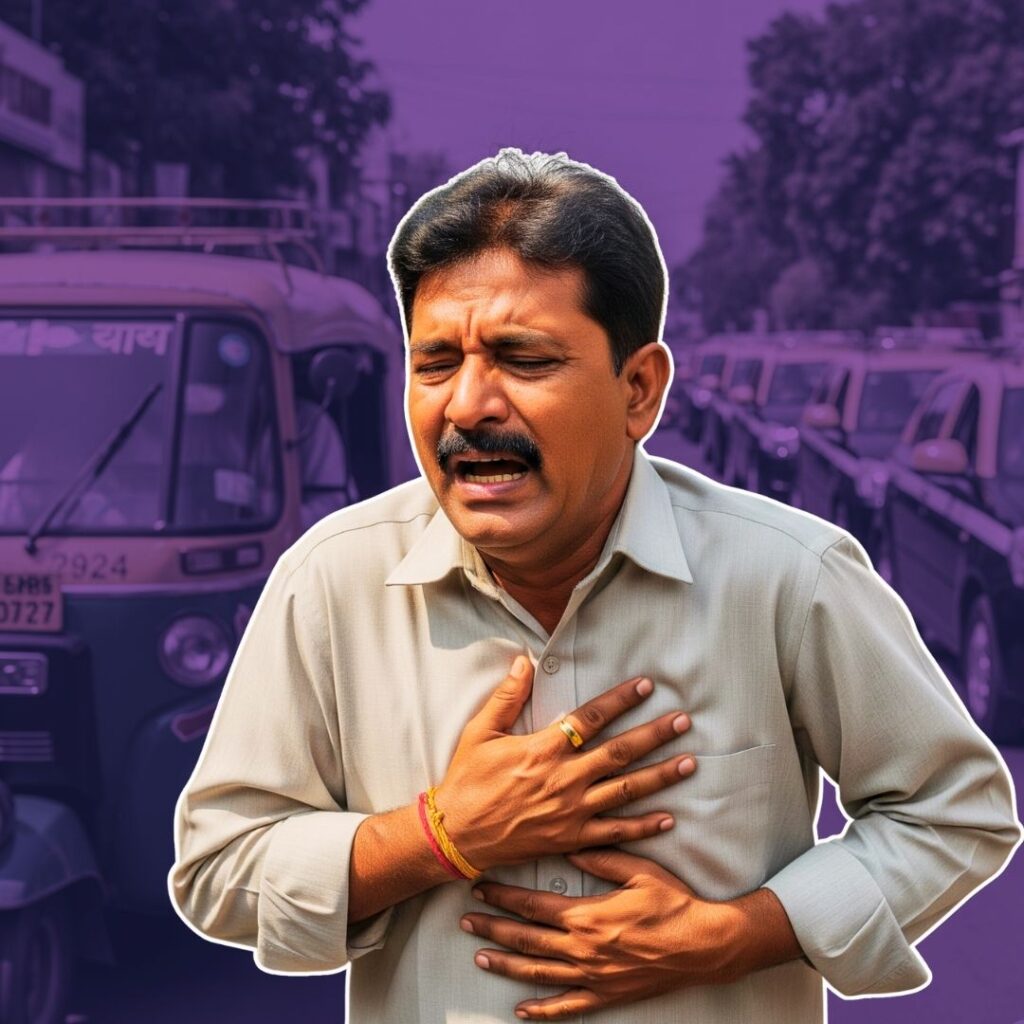In today’s society, a vast majority of the people jump to conclusions about any issue without considering both sides of the story from an objective and unbiased perspective. This attitude is because of the biased and one-sided narratives taught from the school level. To tackle this systemic and adaptive social challenge, Qasim and Ayyaz started “The History Project”.
In 2001 Ayyaz and Qasim, who are from Pakistan, attended Seeds of Peace camp,where they had dialogue sessions with Indian contemporaries and were encouraged to discuss history considering the fact that India and Pakistan have a shared past. To their surprise, the Indian students came up with a completely different narrative of the same historical event. From that incident in 2001 to 2016, while pondering the main cause of the rhetoric of intolerance that dominates every stratum of the society, Ayyaz & Qasim felt that the history textbooks and the way they are taught during school years create bias, and the prejudiced concept of the “other”, thereby breeding intolerance through their one-sided narratives.
“We’ve come across fierce advocates of the top-down, bottom-up, teacher level, student level, curriculum level, school admin level, parent level and advocates of pretty much every claim to the one-solve-all advocacies, and personally, I don’t think it is an either / or question. It is a ‘we need all the help we can get’ question and our approach is to start with the students at the schools.” said Qasim, co-founder of The History Project.
Beyond The Classrooms
While talking to The Logical Indian, Pooja Pradeep, Chapter Director, India said “History, a subject that is not given its due importance in our curriculum, comes into play. It is surprising how we foolishly overlook a subject that is the study of our past which determines the opinions we hold today and those, in turn, determine the actions we make tomorrow. National History and its interpretations shape the identity of a country and as we grow up from being students; it roots us from within to what we learn in our textbooks about our country – it’s the past, present and predicted future. We, in fact, become what we learn! “
The challenge isn’t in teaching students HOW to think critically, however, it is in teaching them WHY to. It is when we put ourselves in the other person’s shoes that we realize that there are different points of view and in doing that, we become aware and tolerant of the differences we have with each other. Empathy is, therefore, the natural outcome of thinking critically. And in being empathetic, we find peace in being a label-free, race-free, gender- free, border-free world. The aim of Beyond The Classrooms is to empower children to think about an incident beyond their own perception and come to a conclusion. The program gets students to manifest social behaviors and then draw lessons by observing their own selves, exhibiting problematic behaviors.
“We’ve come across fierce advocates of the top-down, bottom-up, teacher level, student level, curriculum level, school admin level, parent level and advocates of pretty much every claim to the one-solve-all advocacies, and personally, I don’t think it is an either / or question. It is a ‘we need all the help we can get’ question and our approach is to start with the students at the schools.” said Qasim, co-founder of The History Project.
Activity 1: Learning to accept history with a grain of salt
Two students are asked to stage a fight and when done, the audience is asked to decipher why they think they fought. Much to their surprise, they realise that everyone has a different opinion and reason behind the story, which then helps in drawing an inference which the organisers describe as follows.
“If they can’t decide on an event that happened right in front of them a few minutes back, how can one expect a Historian’s account of an event to be completely true. The AHA moment that follows is what we feed on and begin with.”
Activity 2: Majority – Minority issues
Students are trained to ask better questions using the 5W Investigative Approach that teaches them to question any piece of raw information to interpret it.
A class of 30 is divided into a group of 25 and 5 and they play a cricket match, tug of war and also a voice war. Quite obviously, the team with 25 members wins every game and an environment of frustration is built within the team of 5. The activity aims to encourage the students to relate it to the Majority-Minority divides that exist in the country and throw light on how the minority feels and why certain reservations and rights are necessary.
Sana Khalid, Manager- Partnerships & Operations in Pakistan shared one her experiences with The logical Indian.
“After conducting a session in Hafizabad at a local girl’s school, 3 girls come up to me to apologize. I got confused and asked them what about, their response is something I’ll never forget. One of them said, “before you came, we ne…











